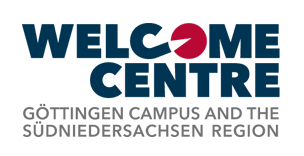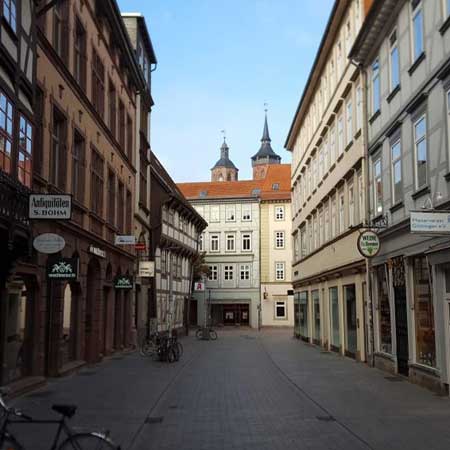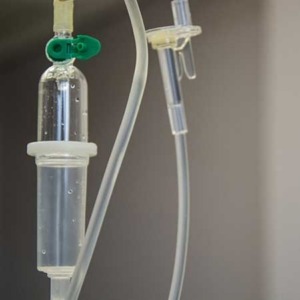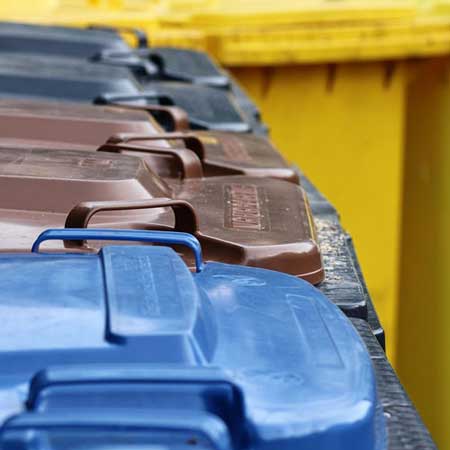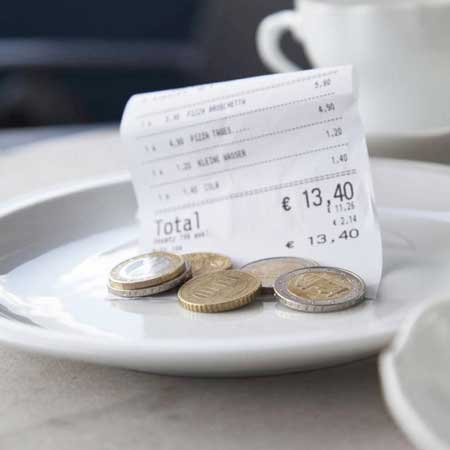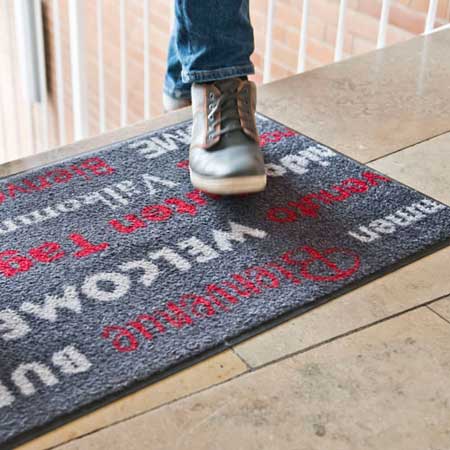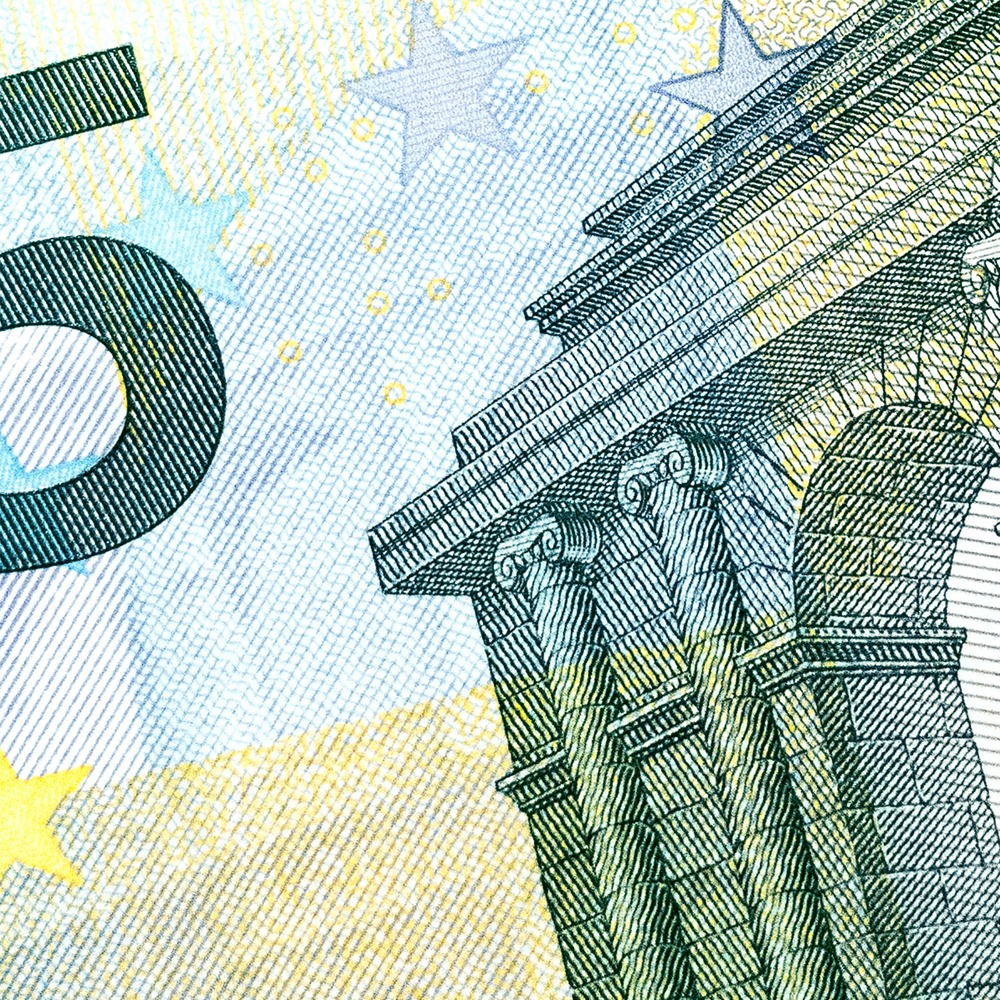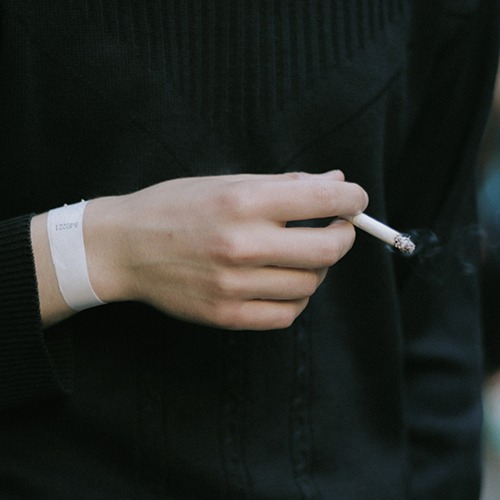In Germany shaking hands is common for people with whom you are well acquainted, or for colleagues. Within the family and among friends, you can hug or kiss cheeks. Common greetings are “Guten Morgen” (morning), “Guten Tag” (daytime) and “Guten Abend” (evening). In Northern Germany many people say “Moin” at any time of the day.
The German language knows the informal speech “Du” and the formal speech “Sie”. “Du” is used for people who you know well or who have offered you to address them informally. Otherwise, the formal address “Sie” is used, for example with strangers, persons in a position of authority or business partners. Among young people and in many work contexts, people use “Du”. Children are always addressed as “Du”. If you are unsure at the beginning and sometimes confuse “Du” and “Sie”: Don’t worry, no one will make a fuss.
